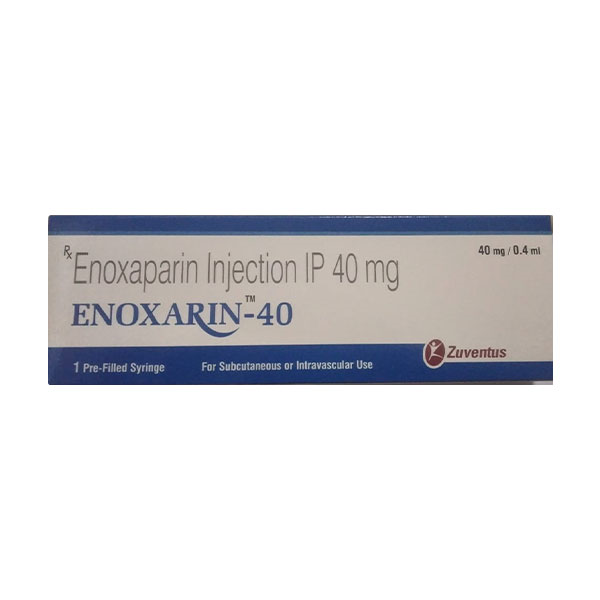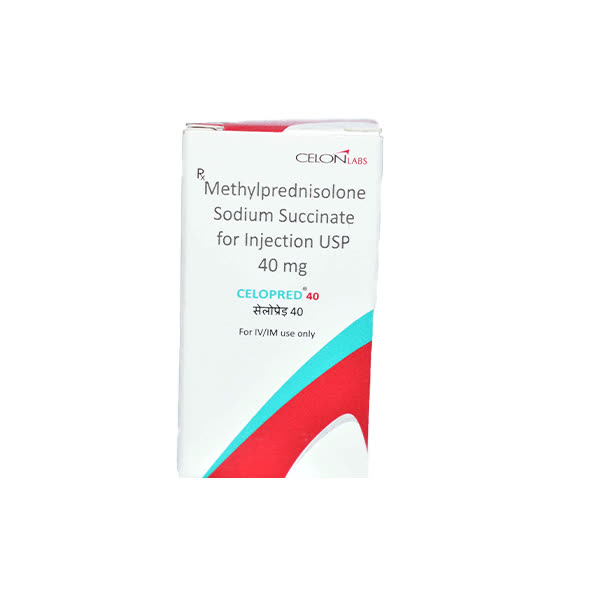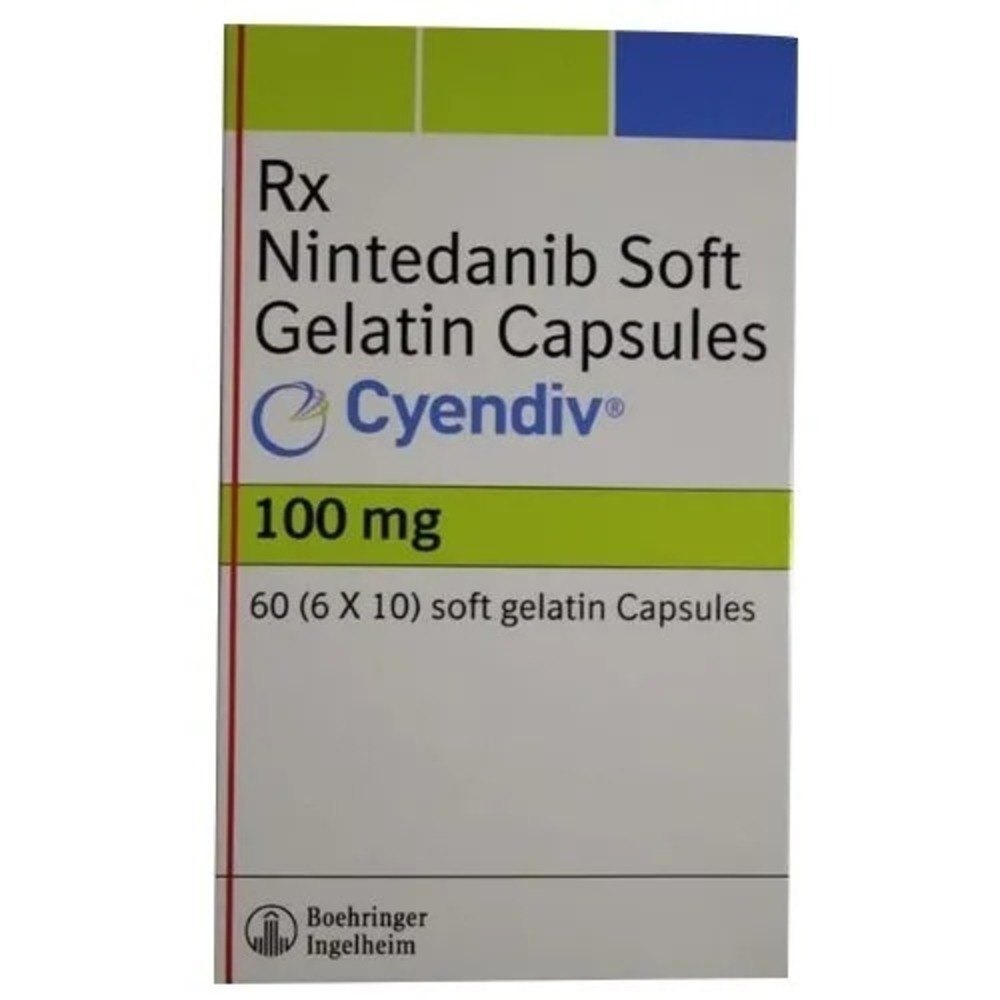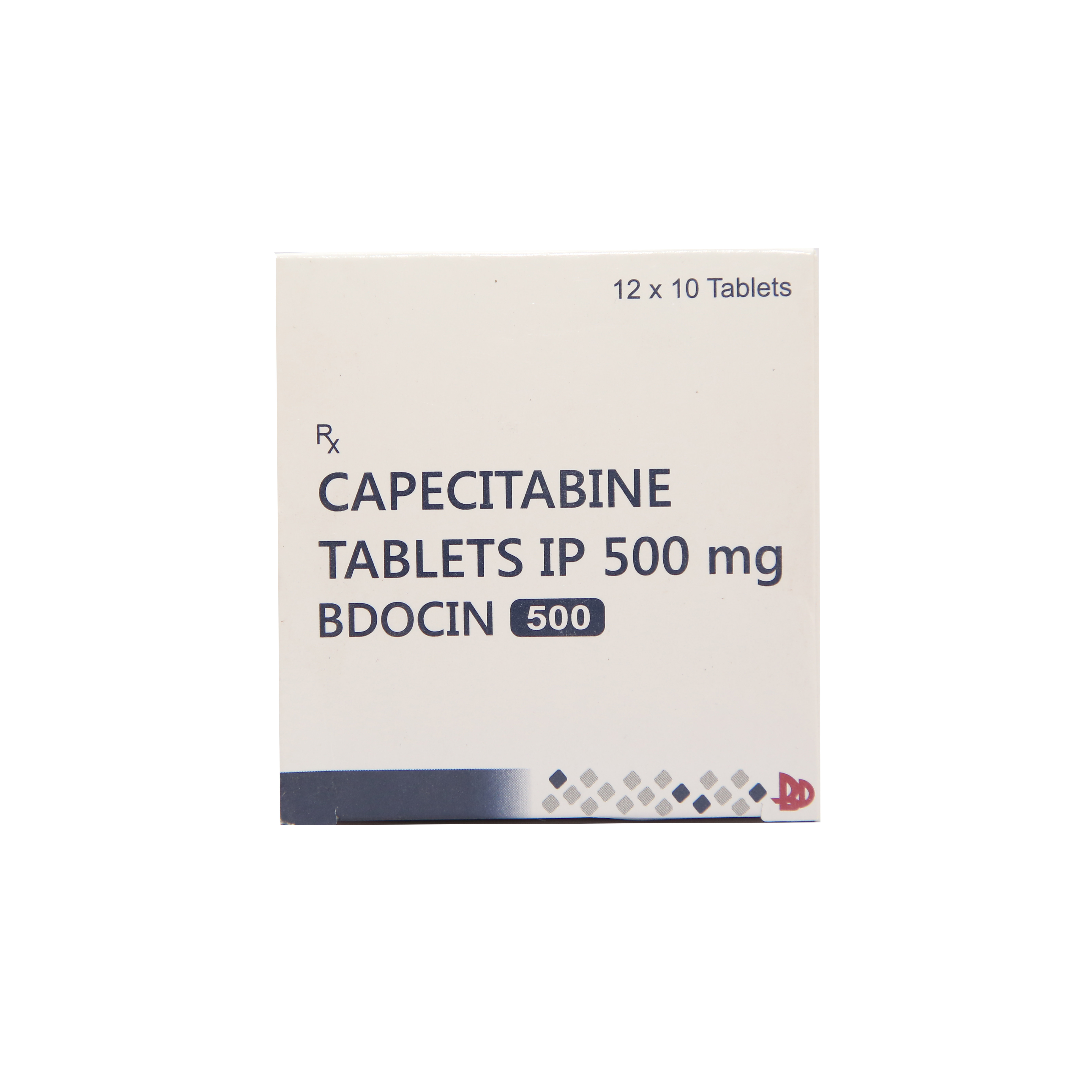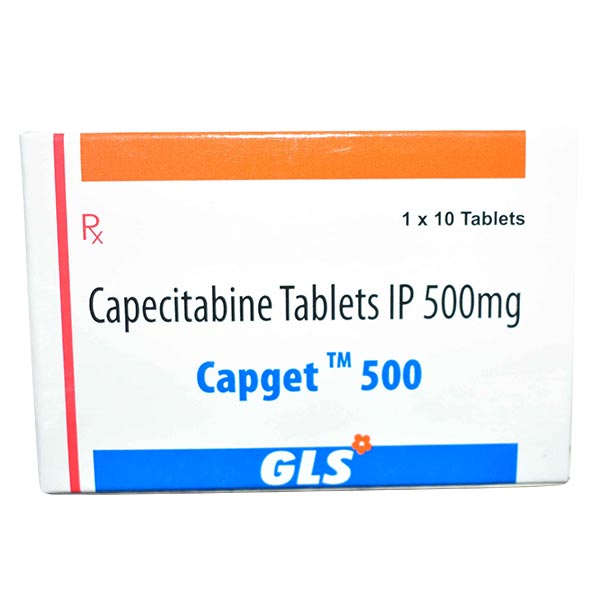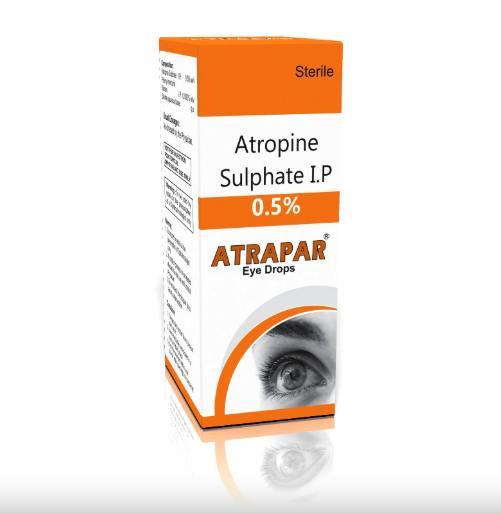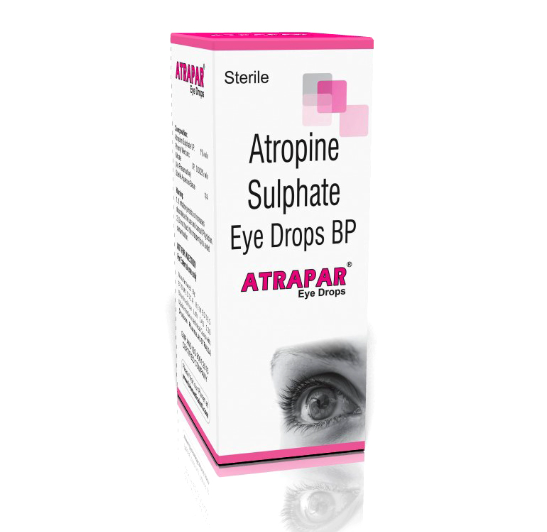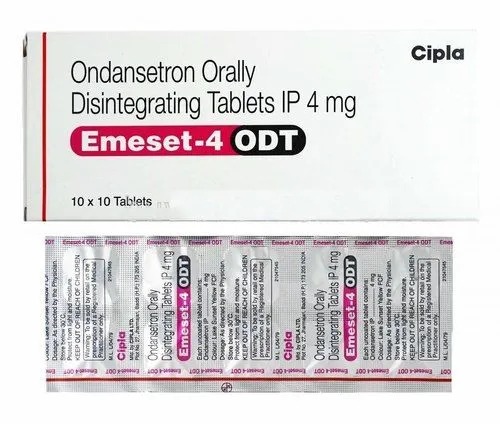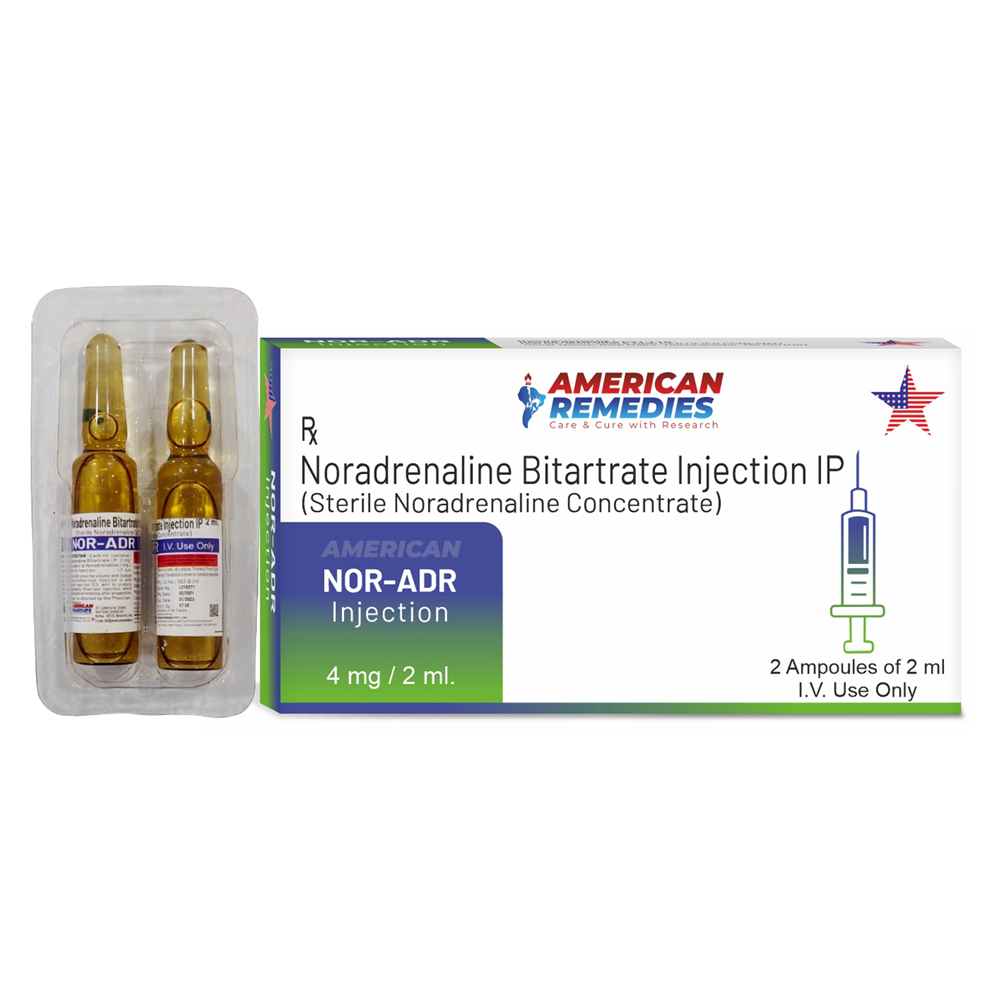Enoxarin 40 Injection ₹ 560 / Piece Get Latest Price Strength 40 mg Pack Size 0.4 ml Pack Type Vial Packaging Size 1 pack content 1 pen Composition Enoxaparin (40mg) Brand Name Enoxarin 40 Injection Manufacture By Zuventus Healthcare Ltd Brand Enoxarin 40 Injection Manufacturer Zuventus Healthcare Ltd Usages Treatment and prevention of Blood clots Minimum order quantity: 10 Piece Product introductionEnoxarin 40 Injection is an anticoagulant used to prevent and treat harmful blood clots. It stops the existing clots from getting any bigger and restricts the formation of any new clot. It is also helpful in the prevention of blood clots in veins, a condition called deep vein thrombosis, and pulmonary embolism. Enoxarin 40 Injection is injected under the skin by a doctor or nurse. It should not be injected into a muscle. The dose and length of treatment are based on your medical condition, your response to the medicine, and what you are being treated for. It may also be based on your age and weight. It is important to keep using this medicine even if you do not notice any symptoms because it is preventing future harm. If you stop taking it, you could get a blood clot. While taking this medicine you should avoid doing things that increase your risk of bleeding or injury. The most common side effect of this medicine include injection site pain, bleeding, headache, increased blood platelets, breathing problems, edema, anemia, fever, diarrhea, and increased liver enzymes. A severe headache could be a sign of bleeding in the brain. A severe stomach ache could be a sign of bleeding in the stomach. Bleeding can be dangerous and may not be obvious. Look out for symptoms and tell your doctor if you are worried. Before using this medicine, you should tell your doctor if you have high blood pressure, diabetes, or have had a recent stroke. You should not take it if you have any current bleeding. Some medicines should not be used with Enoxarin 40 Injection. Tell your doctor what else you are taking to make sure it is safe. If you have low body weight, you may be at increased risk of bleeding, and drinking alcohol can increase the risk of stomach bleeding.Uses of Enoxarin Injection Treatment and prevention of Blood clots Benefits of Enoxarin InjectionIn Treatment and prevention of Blood clotsEnoxarin 40 Injection prevents new blood clots from forming and prevents the existing ones from getting bigger. It works by blocking a substance in the body which is involved in blood clotting. Thus it helps your blood flow smoothly throughout the body. This can help reduce damage caused by clots in your lungs (pulmonary embolism), brain (stroke), heart (heart attack), or other blood vessels (thrombosis). It can also be used to prevent clots from forming after surgery, for example, to replace a knee or hip joint. Although it does not “dissolve” blood clots, it can prevent them from getting bigger so your body can dissolve them over time. It can also make it less likely that parts of a clot will break off and travel to other parts of the body.Side effects of Enoxarin InjectionMost side effects do not require any medical attention and disappear as your body adjusts to the medicine. Consult your doctor if they persist or if you’re worried about themCommon side effects of Enoxarin Bleeding Headache Low blood platelets Increased liver enzymes Anemia (low number of red blood cells) Fever Injection site pain Breathing problems Edema (swelling) Diarrhea How to use Enoxarin InjectionYour doctor or nurse will give you this medicine. Kindly do not self administer.How Enoxarin Injection worksEnoxarin 40 Injection is an anticoagulant. It works by inactivating certain blood-clotting proteins. This prevents the formation of blood clots and prevents blockages in the blood vessels of the body
